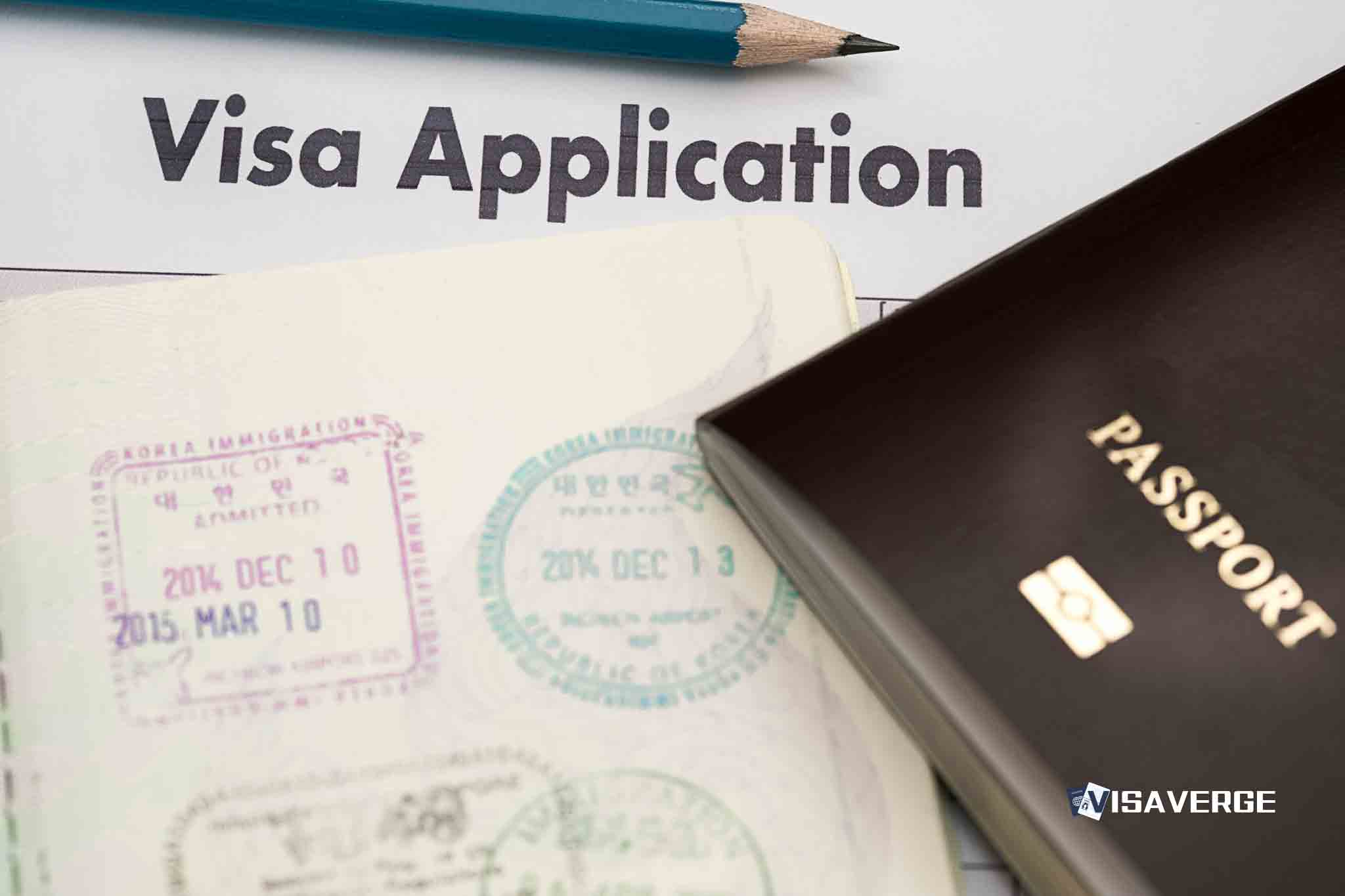Understanding the Effects of a Government Shutdown on I-485 Processing
When a government shutdown occurs, it can have a significant impact on various federal services, including those related to immigration. If you’re in the process of applying for U.S. permanent residency, often referred to as a green card, through Form I-485, you may be concerned about how a shutdown can affect your application. Here’s what you need to know about the immigration services impact during these times.
I-485 Processing During a Government Shutdown
The I-485 form is critical for individuals seeking to adjust their immigration status while within the United States. A government shutdown can delay the processing of this form due to the furlough of non-essential personnel. Essentially, government workers who are considered “non-essential” are not allowed to work during a shutdown, and since they form a large part of the U.S. Citizenship and Immigration Services (USCIS) workforce, less staff means slower processing times.
Nevertheless, it’s important to note that USCIS is primarily funded by application fees, which means the agency may continue to operate even when other parts of the government are shut down.
Key Points about I-485 Processing in a Shutdown:
- Non-essential federal workers may be furloughed.
- USCIS, which handles I-485 forms, is fee-funded and may still operate.
- Processing times for I-485 applications could be slower.

How to Prepare for Potential Delays
During a government shutdown, the following steps could be helpful in managing potential delays in the I-485 processing:
- Check Your Case Status Online: USCIS maintains an online service where you can check the status of your application. Regularly monitor it to receive updates.
- Be Proactive: Gather all necessary documents and evidence well in advance to avoid any last-minute hitches that could exacerbate delays.
- Seek Legal Advice: Immigration attorneys can help navigate the complexities of immigration processes during a shutdown.
Continuity of Immigration Services
Although a government shutdown raises concerns about the potential slowdown of immigration services, it’s crucial to maintain perspective. USCIS operations have historically continued through shutdowns, but some ancillary services may be affected. For instance, E-Verify—a system that allows businesses to confirm the eligibility of their employees to work in the U.S.—may be inaccessible during a shutdown.
If you have concerns or questions about your specific case, contacting USCIS directly or consulting with an immigration attorney can provide clarity on the situation.
Conclusion
A government shutdown can be a source of anxiety for those awaiting immigration services. For applicants in the midst of I-485 processing, it’s imperative to stay informed, prepare for potential delays, and continue to follow any instructions provided by USCIS. For the most accurate and up-to-date information, always refer to the official USCIS website or reach out to an immigration professional.
Remember that while a shutdown can have an immigration services impact, agencies like USCIS are designed to continue functioning, albeit potentially at reduced capacity. Your patience and attention to your application during these times are crucial for overcoming any challenges posed by a government shutdown.
So, there you have it – the lowdown on how a government shutdown can affect your I-485 processing. Remember, stay proactive, check your case status online, and don’t hesitate to seek legal advice if needed. And hey, if you want to explore more on this topic, head over to visaverge.com for all the juicy details. Happy navigating the immigration maze, my friend!
FAQ’s to know:
FAQ 1: How does a government shutdown affect I-485 processing?
During a government shutdown, the processing of I-485 forms can be delayed due to the furlough of non-essential personnel who handle immigration services. The reduced staff leads to slower processing times for applications. However, it’s worth noting that the U.S. Citizenship and Immigration Services (USCIS), which handles I-485 forms, is primarily funded by application fees and may continue to operate even during a shutdown.
FAQ 2: What can I do to prepare for potential delays in I-485 processing during a government shutdown?
To manage potential delays during a government shutdown, you can take the following steps:
- Check your case status online regularly using the USCIS online service for updates.
- Gather all necessary documents and evidence well in advance to avoid any last-minute delays.
- Seek legal advice from immigration attorneys who can assist you in navigating the complexities of the immigration process during a shutdown.
FAQ 3: Are immigration services completely halted during a government shutdown?
While a government shutdown may raise concerns about a potential slowdown in immigration services, USCIS operations have historically continued during these times. However, some ancillary services, such as E-Verify, may be affected and temporarily inaccessible. It’s recommended to contact USCIS directly or consult with an immigration attorney if you have specific concerns or questions about your case. Staying informed and following any instructions provided by USCIS is essential for managing the impact of a government shutdown on your immigration application.
What did you learn? Answer below to know:
-
How does a government shutdown impact the processing of Form I-485?
a) It accelerates the processing of Form I-485 applications
b) It has no effect on the processing of Form I-485 applications
c) It can cause delays in the processing of Form I-485 applications
d) It temporarily halts the processing of Form I-485 applications -
What is the primary source of funding for USCIS?
a) Taxpayer dollars
b) Donations from non-profit organizations
c) Application fees
d) Grants from the Department of Homeland Security -
Which of the following services may be affected by a government shutdown?
a) E-Verify
b) USCIS case status updates
c) Immigration court proceedings
d) Consultations with immigration attorneys








